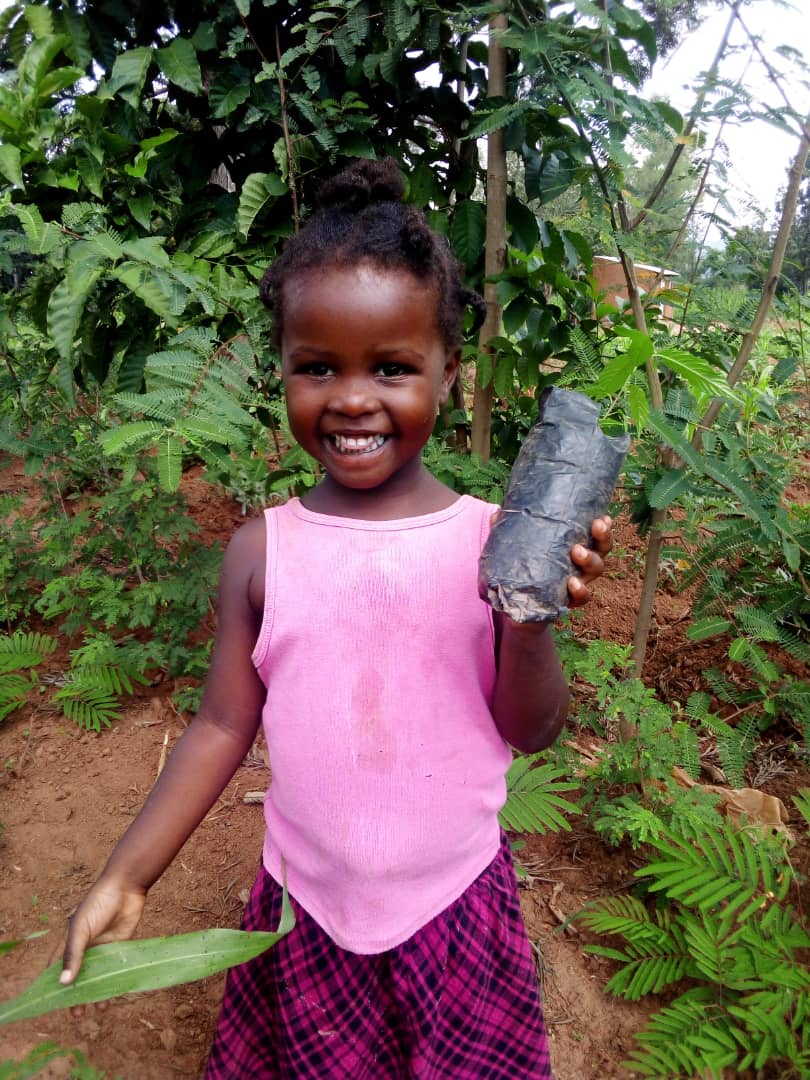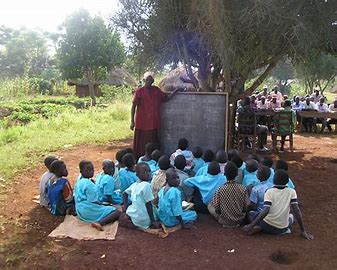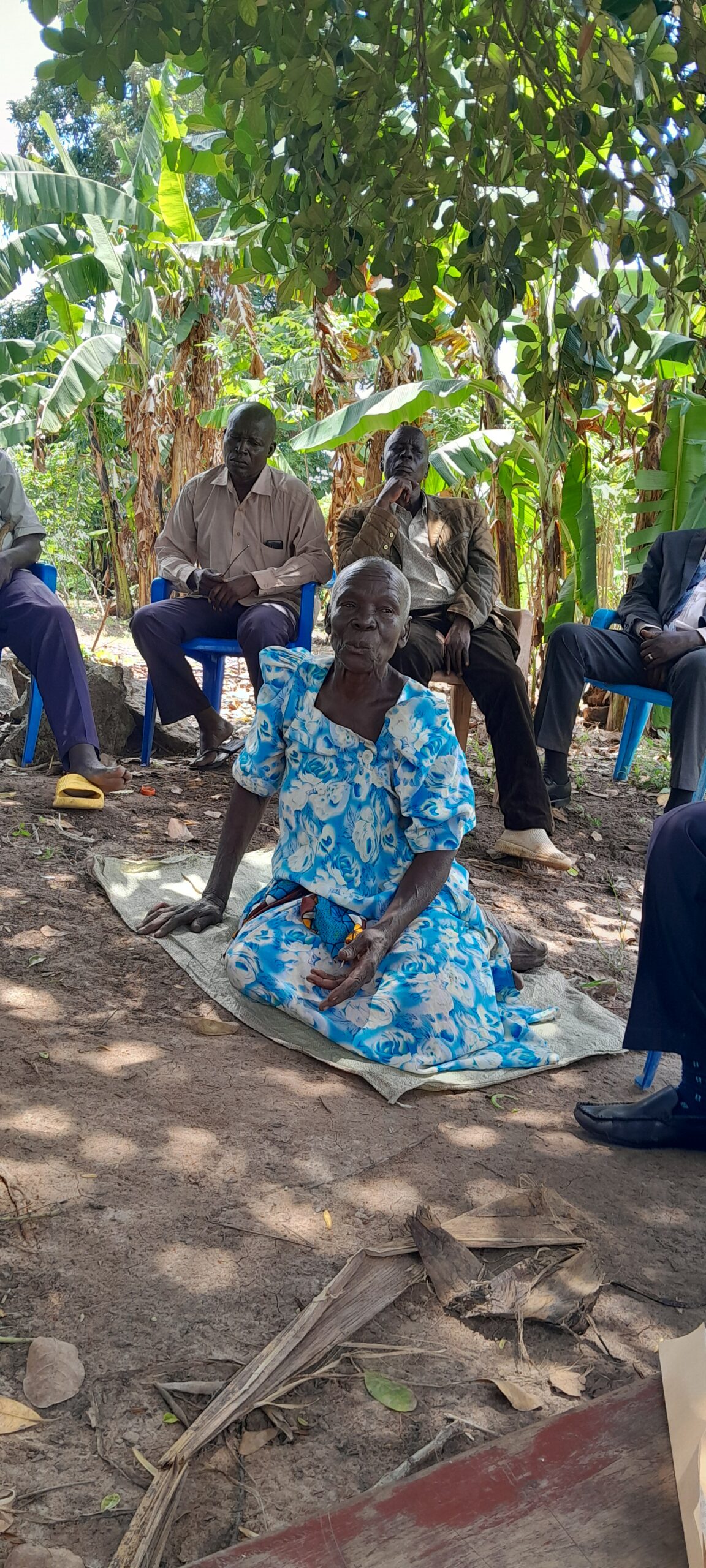Currently, LERWA is partnering with TREES for the Future to plant over 741,300 agroforestry, timber and fruit trees in eight sub-counties of Tororo district through the Forest Garden Fund project. This project aims at revitalization of degraded soils, improving farmer households’ livelihoods and mitigate negative effects of climate change. Over 263 farmers (mostly women and youth) are planting Calliandra, Sesbania, Leucaena, Musizi, Giant Lira, Jackfruit, and Pawpaw trees in their forest gardens as windbreaks, woodlots, green walls and alleys within their forest gardens.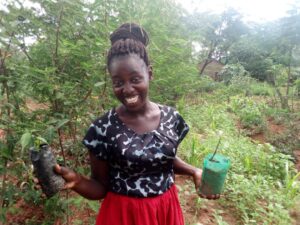
The project which targeted 300 beneficiary farmers currently has 227 participating farmers (152 females & 75 males) in Kwapa, Molo, Peta, Merikit, Nabuyoga, Mulanda, Rubongi and Paya subcounties. The target acreage to be planted was (113.312) hectares of land about 280 acres. However, current acreage is 170.25 acres (average of 0.75 acres@farmer). During the first season (December 2021-May 2022) beneficiary farmers have implemented a number of activities including Mobilisation & Registration of beneficiaries, Trainings in Forest Garden Design, Nursery Bed Establishment, Nursery & Tree care & Outplanting seedlings, Farmers mapped & designed their forest gardens, established tree nurseries and outplanted tree seedlings. Throughout this period, LERWA field technicians have followed up farmers to monitor and support them the different activities.
During mobilisation & registration of beneficiaries, farmers were trained in Forest Garden approach & Design, mapping and enrolled into the Forest Garden Fund Project. Farmers were organised into farmer groups which elected Lead Farmers. Participants were given a task to map & design their land/ area allocated to the project on paper in form of a map. Farmers were trained on nursery bed establishment and given seeds for planting in addition to watering cans as a tool for watering the seedlings during the dry spell before the rains came.

Training on outplanting seedlings carried out in 12 groups across the eight subcounties from 14th March to 4th April 2022. 176 farmers trained on outplanting bareroot and potted tree seedlings including seedling extraction, spacing, time of outplanting, tree care (watering, weeding, weaving, pruning and coppicing, harvesting for wood fuel & fodder, etc). After the trainings, the farmers were given a take home activity to outplant their seedlings once the rains started. This activity was delayed by most farmers because of the delayed rains in most of the areas. The rains were expected late March and early April but instead they came late April.
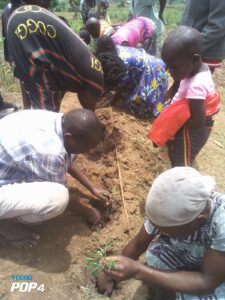
Some farmers immediately started outplanting their seedlings once the rains came. Farmers were followed up via phone calls and physical visits by the technicians. They were encouraged to continue caring (watering, pruning, hardening, protecting and weeding) for the seedlings which were still in the nurseries because of the delayed rains. Farmers were also encouraged to clear their boundaries so that once the rains came, they would start outplanting with no delays. The biggest challenge to this activity was that most farmers were unreachable via phone calls since most of them don’t have phones while others their phones weren’t available. However, technicians encouraged each farmer they were able to access to share the information with another farmer they could access. Follow-up of farmers to support & monitor outplanting exercise The exercise which started on 2nd May and ended on 5th June 2022 was successfully done. A total of 254 farmers were visited during the exercise. The team counted the number of seedlings so far outplanted by the farmer in addition to those still in nursery beds. Some farmers who did not attend the training on outplanting were trained on site and supported by the team. Other farmers were dropped out of the project because they had not implemented any of the project activities i.e. establishing nursery beds and outplanting. Some farmers’ seedlings were destroyed by chicken, pigs, goats, sunshine, etc while in the nurseries while other farmers had few trees because of low germination rates especially of calliandra. Most farmers had outplanted some seedlings though the process was delaying because of the scattered rains (it rained in the last week of April and first week of May and then ceased. This delayed the outplanting process because during the trainings, farmers are encouraged to outplant seedlings two to three weeks after the start of the rains. Most farmers did not rush to outplant their seedlings and ended up missing the first two weeks of rains). Farmers were encouraged to outplant once the rains resumed.
By 10th June 2022, a total of 195,476 (one hundred ninety five thousand four hundred seventy six) trees had been outplanted as green walls, woodlots, fruit & timber trees.
During the meeting with Lead Farmers held at the organisation offices, the TREES Partnership coordinator, LERWA staff and all 12 lead farmers reflected on the achievements and challenges of the first season as they drew strategies that would enable the team achieve the target number of trees by end of the second season. The team agreed to plant more woodlots & alleys, complete pending green walls. It was also resolved that farmers would work be clustered in solidarity groups of 3-4 farmers for easy and quick implementation of project activities. More agroforestry seeds of calliandra and Luecaena would be disbursed to all farmers which will be nursed into seedlings to be planted during the second season.


